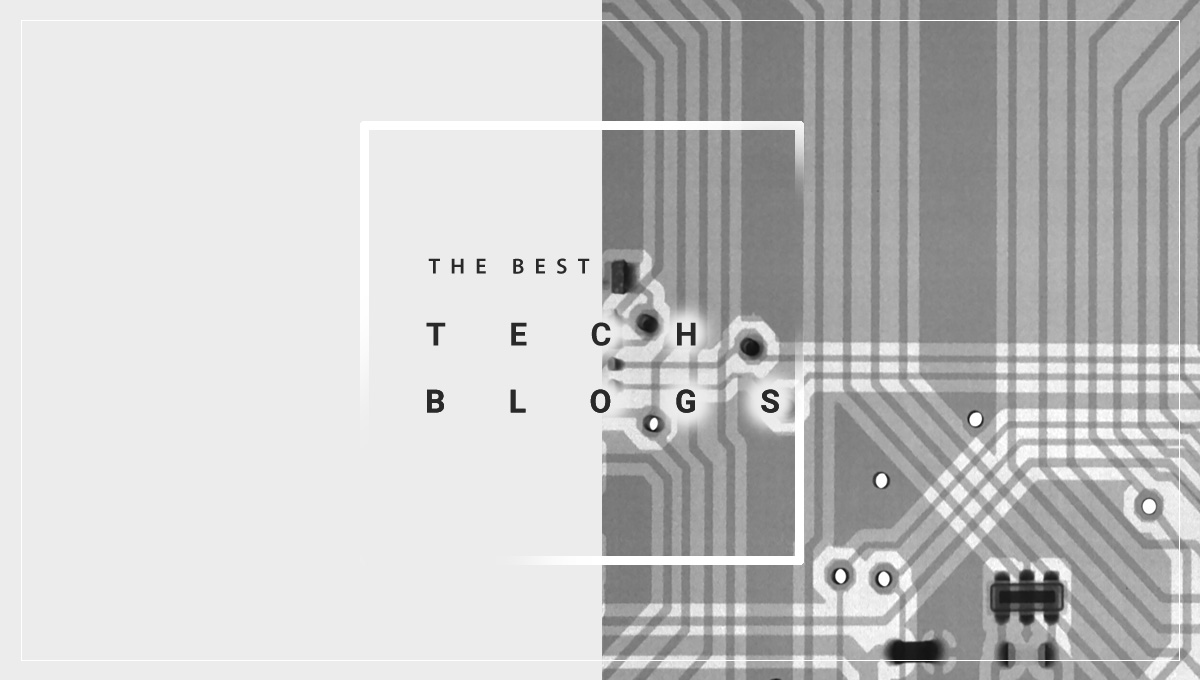How Blockchain Innovation Is Revolutionizing Information Safety And Security
Blockchain technology is basically modifying the landscape of information protection by introducing a decentralized framework that guarantees enhanced transparency and resilience. Unlike typical systems, which rely on central data databases, blockchain distributes information throughout a network, reducing vulnerabilities and solitary factors of failing. The usage of innovative cryptographic methods makes certain that information remains tamper-proof, promoting depend on among users and stakeholders.
The Fundamentals of Blockchain
Blockchain innovation, a revolutionary concept in digital data administration, essentially transforms just how details is kept and secured. At its core, a blockchain is a distributed journal that tape-records transactions across a network of computer systems, making sure transparency and immutability. The technology operates on a chain of blocks, each including a list of transactions. When a block is loaded, it is time-stamped and linked to the previous block, creating a chronological chain.
Trick to comprehending blockchain is the hashing procedure, which secures transaction information into an one-of-a-kind alphanumeric code. This cryptographic function makes sure that any change in the deal information results in a totally various hash, consequently guarding against meddling. The consensus device, another critical part, verifies and confirms brand-new purchases via a network of nodes, therefore removing the need for a centralized authority.
Furthermore, blockchain's append-only structure makes certain that data, when added, can not be removed or altered. This particular guarantees a proven and irreversible document of transactions, fostering trust fund among individuals. Consequently, blockchain offers a durable framework for data stability, using sectors a trustworthy technique for monitoring and handling digital info in a safe and secure, transparent manner.
Decentralization and Security
Decentralization, a core principle of blockchain technology, considerably boosts information safety by dispersing control throughout a network instead of relying upon a particular, centralized entity. This distribution minimizes the danger of single points of failure, which are common in traditional central systems. By spreading data throughout countless nodes, blockchain ensures that also if one node is compromised, the whole network continues to be secure. This redundancy not only fortifies the integrity of the information however likewise raises its resilience to cyberattacks and system failings.

Each individual in the network has accessibility to the entire blockchain, enabling them to confirm and investigate transactions independently. Generally, decentralization is important in improving data security in blockchain networks.

Cryptographic Methods
At the heart of blockchain technology, cryptographic strategies play a pivotal function in securing data, making certain both confidentiality and honesty. Cryptography in blockchain utilizes a mix of asymmetric and symmetric algorithms to secure information, making it accessible only to authorized events.
Hash features are an additional critical component, changing input information right into a fixed-size string of characters, effectively producing an one-of-a-kind digital finger print for each block. This ensures that any effort to modify the information will certainly result in a totally different hash, therefore maintaining the immutability of the blockchain. Electronic trademarks verify the authenticity and stability of deals, offering a layer of non-repudiation.
The decentralized nature of blockchain, incorporated with robust cryptographic strategies, removes the demand for intermediaries, lowering prospective vulnerabilities. As blockchain technology advances, developments in cryptography such as zero-knowledge proofs and homomorphic encryption remain to improve protection steps, even more fortifying information security in this revolutionary digital ledger system.
Usage Situations Throughout Industries

In the medical care industry, blockchain ensures the secure storage and sharing of individual records, promoting interoperability while safeguarding sensitive data from unauthorized gain access to. This innovation encourages clients with control over their medical history and facilitates smooth control amongst healthcare suppliers.
Supply chain administration advantages dramatically from blockchain's immutable ledger, which makes certain traceability and authenticity of products from origin to consumer. By improving openness, blockchain assists alleviate concerns such as counterfeiting and dishonest sourcing.
In addition, blockchain's decentralized nature is improving the power sector by enabling peer-to-peer energy trading, where consumers can purchase and market excess renewable energy straight. This fosters a much more effective and lasting power environment.
In the realm of intellectual property, blockchain provides a tamper-proof system for developers to register and shield their works, making sure rightful attribution and reasonable payment. These varied use cases underscore blockchain's function as a pivotal pressure in redefining data protection across sectors.
Future of Data Defense
As we check this site out seek to the future of data security, blockchain technology is poised to play a pivotal function in safeguarding electronic info. With its decentralized and unalterable attributes, blockchain offers a durable framework for safeguarding sensitive data versus unapproved access and cyber hazards. This innovation makes sure that when information is videotaped, it is nearly difficult to alter without detection, hence providing a fantastic read a considerable advantage over standard data storage space methods.
The combination of blockchain with various other advanced innovations, such as man-made intelligence and the Web of Points (IoT), is anticipated to enhance data security methods even more. By leveraging clever contracts, organizations can automate and apply safety and security procedures, decreasing human error and boosting effectiveness. Furthermore, blockchain's capability to supply clear and deducible deals will certainly boost depend on and responsibility in data administration methods.
As regulatory landscapes evolve, blockchain's compliance-friendly nature will become significantly pertinent. It can aid companies satisfy strict data protection regulations, such as the General Data Defense Law (GDPR) and the California Customer Personal Privacy Act (CCPA), by supplying proven records of data processing tasks. Inevitably, blockchain's unique characteristics setting it as a transformative tool in the ongoing quest to secure the digital world versus ever-evolving cyber hazards.
Final Thought
Blockchain technology represents a paradigm shift in information protection by leveraging decentralization and cryptographic methods to enhance openness, depend on, and data honesty. Its capability to eliminate solitary points of failing and utilize consensus devices substantially reduces the danger of fraud and cyberattacks. This cutting-edge framework not just equips users with greater control over their information yet additionally lines up with regulatory conformity. As cyber risks evolve, blockchain becomes an important tool for durable data defense throughout various industries.
Blockchain technology is basically changing the imp source landscape of data security by introducing a decentralized structure that guarantees boosted transparency and durability. Unlike traditional systems, which depend on central information databases, blockchain distributes information throughout a network, lessening susceptabilities and single factors of failing.Decentralization, a core principle of blockchain innovation, dramatically enhances data security by dispersing control across a network instead than depending on a particular, central entity.At the heart of blockchain modern technology, cryptographic methods play a pivotal duty in protecting data, making sure both confidentiality and stability.Blockchain modern technology stands for a standard change in information protection by leveraging decentralization and cryptographic strategies to boost openness, trust fund, and information stability.